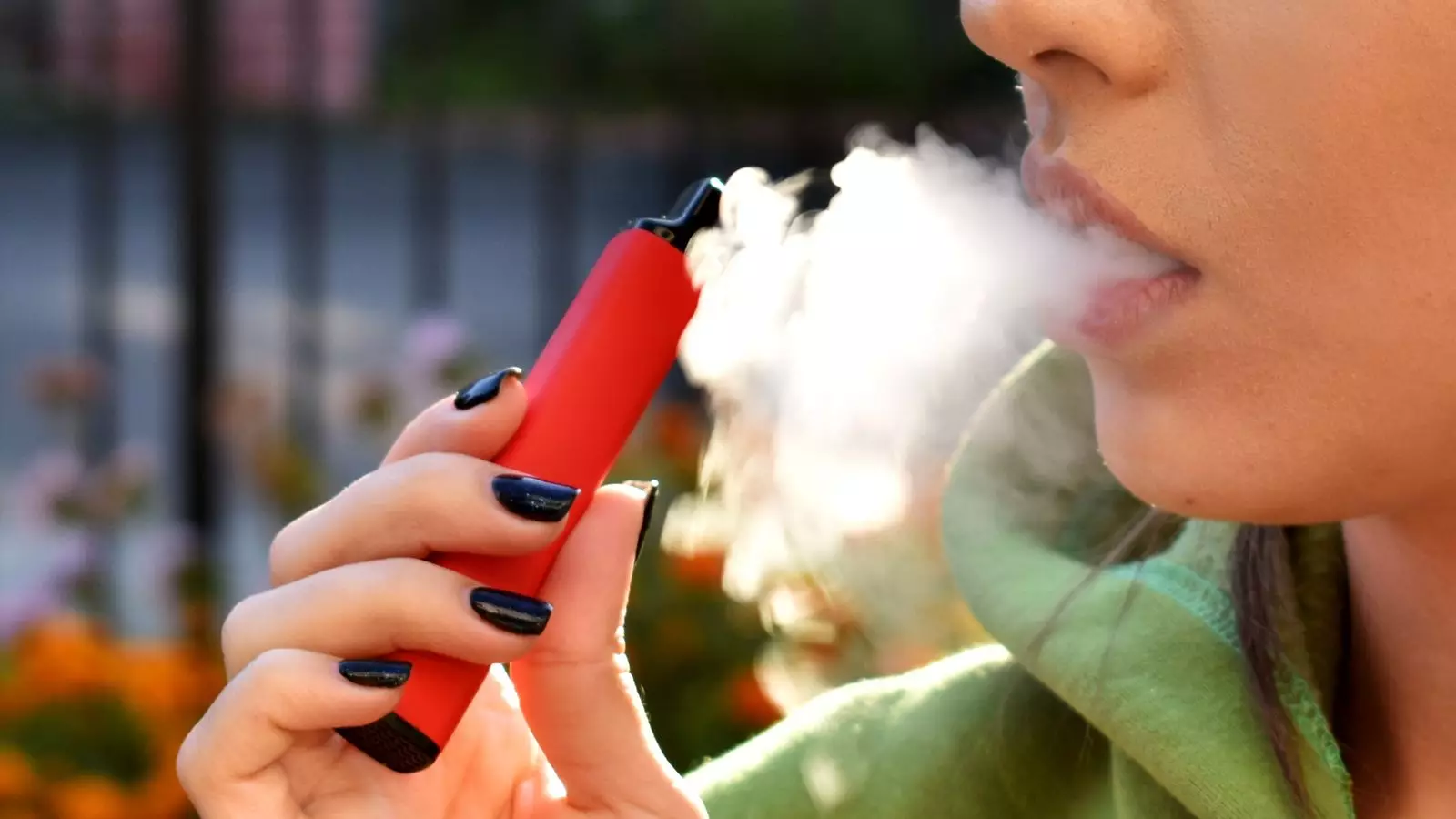In an effort to combat the rising trend of vaping among children, Prime Minister Rishi Sunak has announced plans to ban disposable vapes and restrict vape flavors. The proposed legislation, which requires parliamentary approval, also includes measures to make it illegal to sell tobacco products to individuals born after January 1, 2009. These actions are part of a broader commitment to creating a smoke-free generation and protecting children’s health.
Teachers across the country have expressed concerns about the increasing prevalence of vaping among children. Students are showing signs of nicotine dependency, impacting their ability to concentrate in the classroom. While vaping may serve as a useful tool for smokers trying to quit, marketing these products to children is unacceptable. The long-term consequences of vaping remain unknown, and the highly addictive nature of nicotine raises additional concerns.
Disposable vapes have been identified as drivers of the youth vaping epidemic. To address this issue, the ban on disposable vapes aims to limit their accessibility and usage. By the end of 2025, the government plans to utilize the Environmental Protection Act to enforce this prohibition. The move has been met with support from health and environmental campaigners, as five million disposable vapes are discarded each week, exacerbating the waste problem.
In addition to banning disposable vapes, the government intends to introduce new powers to restrict vape flavors and change how vapes are displayed in shops. By reducing the appeal of these products to children, the aim is to discourage their usage. Plain packaging for vapes will also be implemented to further discourage marketing tactics that target children. These measures align with the public’s support for stricter regulations, as highlighted in a government consultation conducted last year.
Smoking remains the leading preventable cause of death in the UK, accounting for approximately one in four cancer-related deaths and resulting in 80,000 fatalities annually. While vaping is often considered a potential alternative to smoking, its long-term health effects are still unclear. By implementing these measures, the government hopes to reduce the number of individuals, especially children, who develop smoking-related health issues in the future.
The proposed ban and restrictions have garnered support from various stakeholders. The Children’s Commissioner for England, Dame Rachel de Souza, expressed relief at the government’s commitment to address the normalization of vaping among young people. Environmental campaigners also welcomed the move, highlighting the positive impact on both health and the planet.
However, former Prime Minister Liz Truss raised concerns about the ban, arguing that adults should have the freedom to make their own choices. She suggested that the government should reconsider the prohibition and avoid extending the “nanny state.” Shadow Health Secretary Wes Streeting criticized the government’s delayed action, pointing out that the Labour Party had proposed measures to prevent the targeting of children with vaping products over two years ago.
Enforcement and Financial Support
To ensure effective enforcement of the new regulations, enforcement agencies such as Border Force and HMRC will receive additional funding of £30 million per year. This funding will enable these agencies to monitor and address any illegal sale of vapes to children. In addition, fines for shops in England and Wales that sell vapes illegally to children will be increased, supplementing the existing maximum fine of £2,500 imposed by local councils.
By implementing the ban on disposable vapes, restricting vape flavors, and introducing other measures, the government seeks to create a lasting legacy of improved children’s health. Combined with the commitment to prevent individuals born in 2009 or later from legally purchasing cigarettes, these actions aim to protect future generations from the harmful effects of smoking and vaping.
The ban on disposable vapes and the restrictions imposed on vape flavors are bold steps taken by the UK government to combat youth vaping. With concerns mounting about the long-term health implications of vaping and the increasing number of children using these products, the need for decisive action is evident. By prioritizing children’s health and well-being, the government aims to create a generation free from the smoking and vaping epidemic, ensuring a healthier future for all.


Leave a Reply